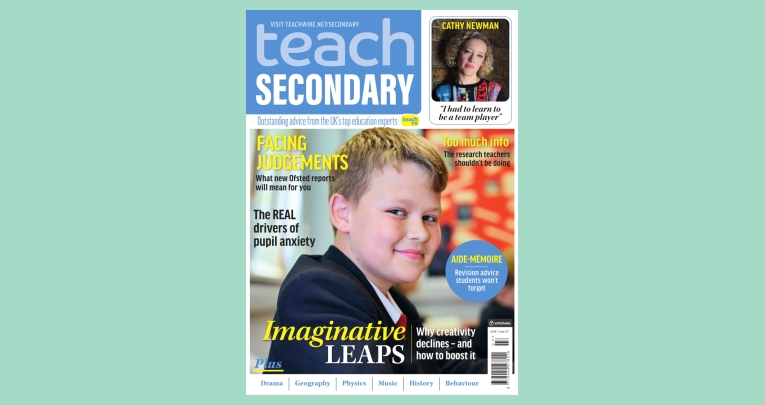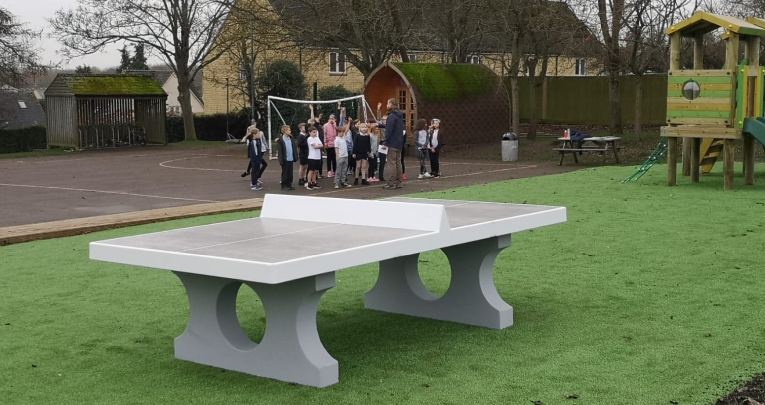In any line of work, there will always be some level of tension between a need to respect tradition and precedent, and the necessity for things to always be progressing and moving forward.
Teaching is perhaps one of the sectors in which those tensions can be most keenly seen and felt. There’s an expectation that teachers will pass on established foundational knowledge (possibly even ‘The best that has been thought and said’, as someone once put it), while at the same being mindful of how the knowledge base underpinning those subjects, and research concerning certain types of practice (VAK, anyone?) can dramatically change and evolve over time.
And then there are those external developments that you might not be expecting, but which threaten to completely disrupt and potentially transform and your field beyond recognition. And there’s surely no better example of that than the smartphone.
The news that Forge Valley School in Sheffield has enacted a comprehensive ban on all forms of smartphone use on its premises was widely reported, with broadly positive comments from students – appreciative of how the ban had brought about more inter-peer socialising – alongside perhaps understandable misgivings from parents, keen for their children to have an easy way of contacting them when en route to and from school.
“There will always be some tension between a need to respect precedent, and the necessity for things to always be progressing.”
The outsized role that smartphones have come to play in teenagers’ lives warrants close examination. Because when we, the adult members of the society we’re so keen for students to one day contribute to, have collectively allowed so much of what used to be the teenage experience to be mediated by Apple, Samsung, Google, et al. (chatting with friends, consuming media, playing games, hanging out), well – why wouldn’t teens spend every waking moment staring at their phones?
When it comes down to it, the behaviours nurtured by smartphone use are almost antithetical to the expectations and processes at play within the classroom. Learning is about perseverance, triumphing over setbacks and making it through with greater knowledge and/or skills at the end.
Smartphones are deliberately designed to be endlessly compelling and pleasurable to use, the content of their apps shaped by inscrutable algorithms and insights gleaned from vast volumes of personal data. Outside of games and apps specifically designed for learning purposes, smartphones are all about maximising convenience and serving up frictionless entertainment, wherever and whenever.
Perhaps there was always going to be a reckoning between the demands placed on schools and the sociocultural impacts stemming from large-scale smartphone adoption, coupled with the economic incentives of app developers and platform holders. Perhaps we’re seeing one now.
Enjoy the issue,
Callum Fauser – Editor







